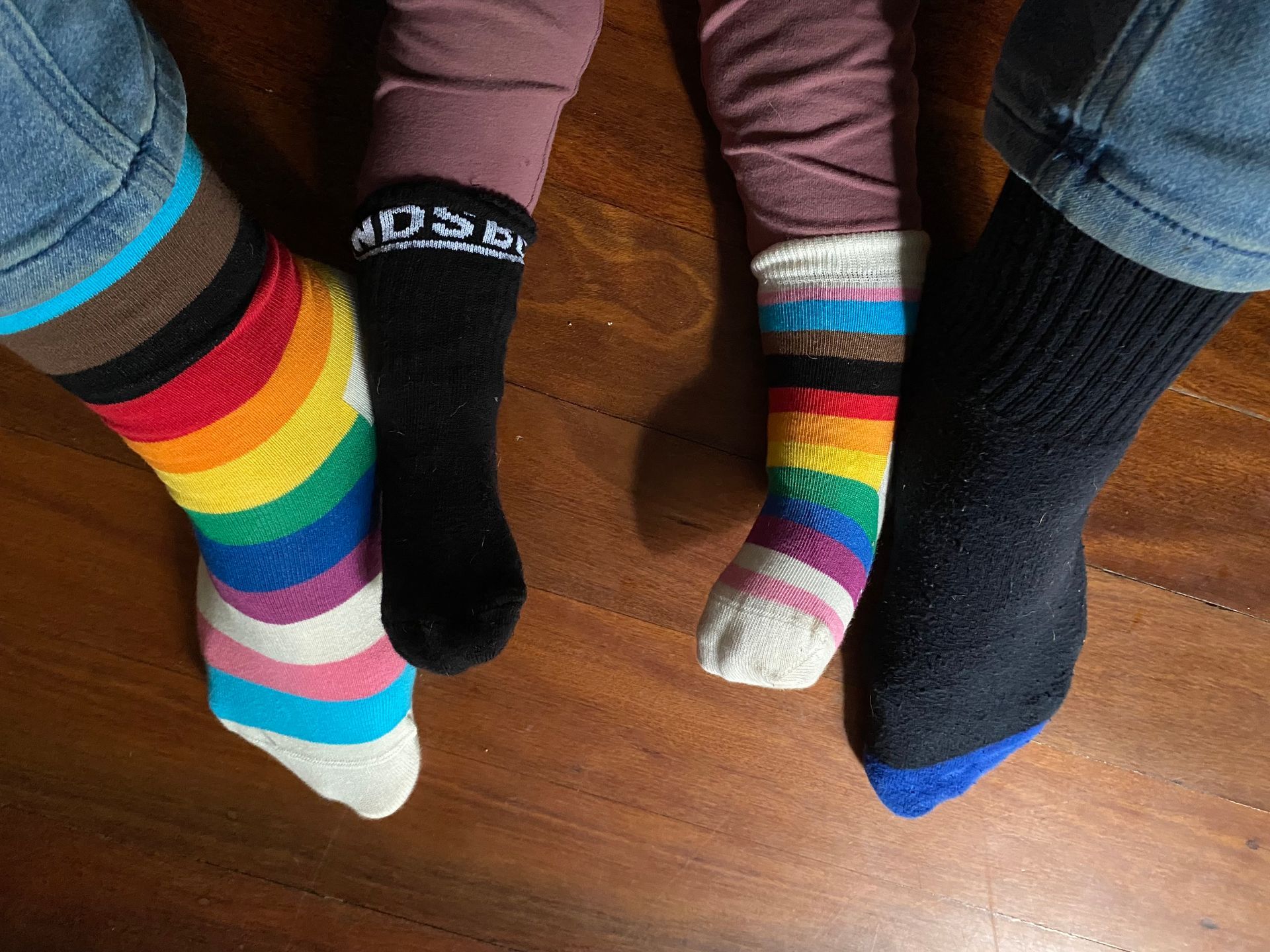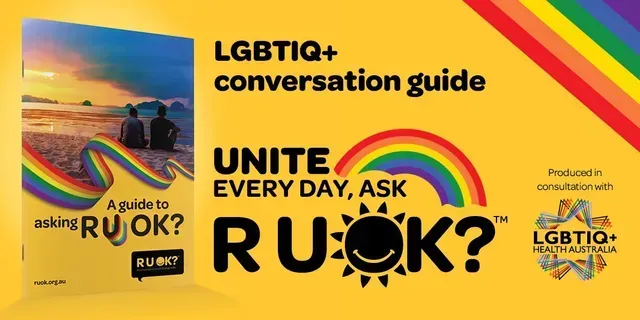Website by Rogue Web Design
Raising our voice: perspectives on suicide in the LGBTI community
Suicide is a maligned word. The act is tainted; for many years in Western cultures it was deemed illegal, a crime against the self. The victim’s body was denied a Christian burial, their estate placed in legal jeopardy. For family that remained, the stigma could survive for generations.
Yet, despite the increasing secularisation of Western society, and the encroachment of science — with its objective, rational mode of enquiry — the opportunity to talk about suicide remains proscribed. The findings of mental health professionals researching in this area are available only within a closed circle of private space bounded by subject-specific scientific literacy. And in the public space of newspapers, the euphemism “no suspicious circumstances” halted discussion until only a few years ago. (Weaver and Wright 2009; Marsh 2010).
In private, the silence remains deafening.
But what might have been said? The irony of suicide is that the experience could
never be subjectively verified; the person was no longer alive to add to the discussion. What remained of their identity would collide with the bureaucratic instruments set up to police and manage the aftermath. Formal identification and autopsy might place the person within the pathology of forensic science through dissection, reduction, and re-substantiation. If they were to receive a formal burial, religion might stake a claim, on either body or soul, or both.
As the memories of those left behind might fade, the person would appear to diminish further. Outside of this grief, they would be reduced to a single point of existence: a statistic.
In a further irony, the hallmark constituents of suicide — stigma and silence — are also shared by people living within Lesbian, Gay, Bisexual, Trans and Intersex (LGBTI) communities. However, this is not experienced consistently. Some experiences are loudly and proudly recounted: the devastation and subsequent community response to the HIV epidemic is the most prominent (Power 2011).
Yet, it is told in a story circle of people who remain marginalised and muted, incapable or unwilling to face the ever-present mental health crisis. As the research space into the phenomena of suicide is growing, the LGBTI community have become the ‘object’ of study, rather than the voice, and loved ones still face the challenge of their situation being treated as a statistic.
This PDF publication is available at: https://writingfrombelow.org/wp-content/uploads/2019/01/Raising-Our-Voice.pdf
Raising our voice: perspectives on suicide in the LGBTI community
Writing From Below, Vol 2, No 1, December 2014
ANDREW BLYTHE, SALLY MORRIS & MICHELLE MARS







